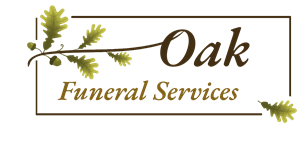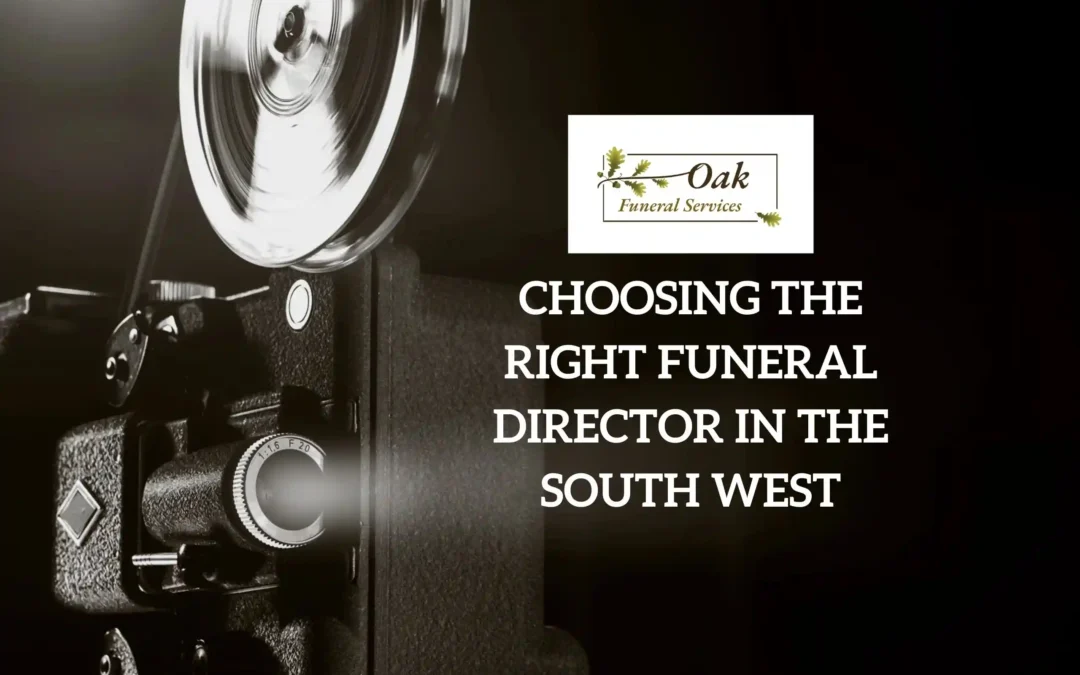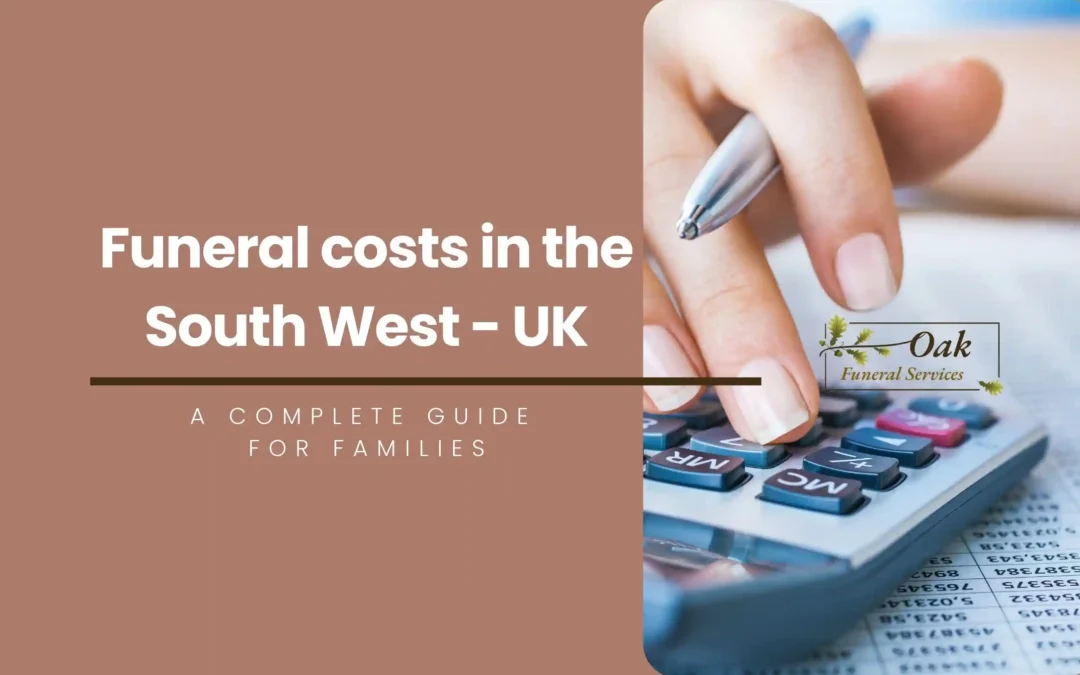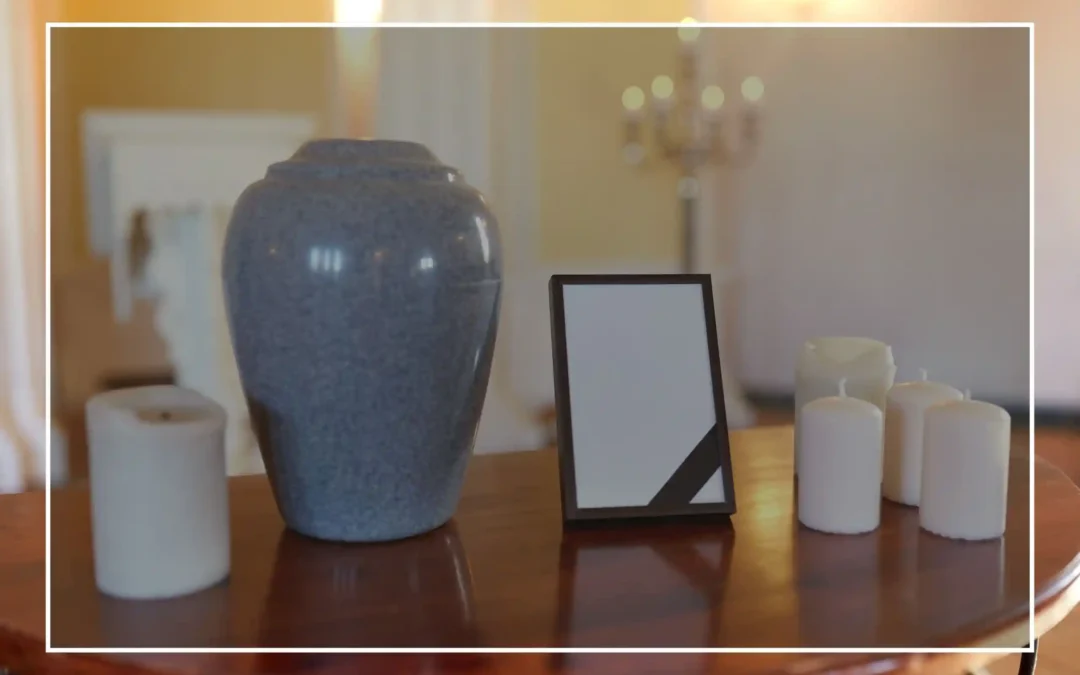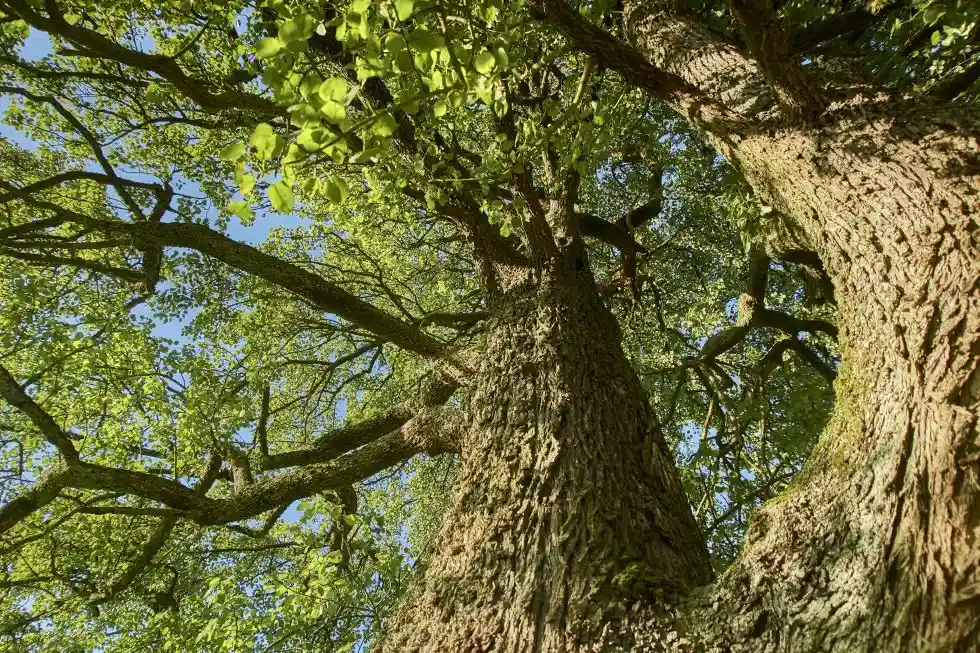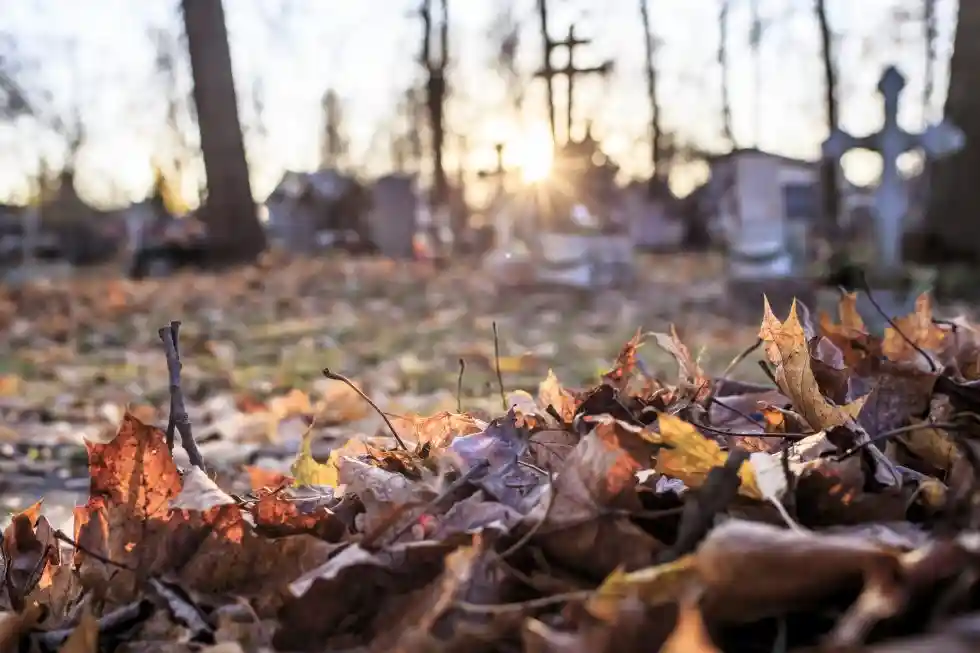What needs to be considered following a death
It is a shock when someone dies. Even if they have been ill or in decline for a very long time, the sudden disappearance of their life force can move and shocks us deeply.
Unsurprisingly, few among us have much experience of dealing with death and the steps we need to take following a death of someone close to us are unfamiliar – and we necessarily seek guidance from those who are experienced, either professionally or personally.
These practical realities can often lead to our taking the path of least resistance and we can sometimes feel pressured to follow the oft delivered ‘default’ model of the process following death. This drive to abbreviate and standardise our farewell can come from registrar’s, doctors, ministers, friends and relatives, and – especially – funeral directors.
This page attempts to set out your choices, and simplify the steps; overall its purpose is to encourage you and your families to take stock when dealing with the practicalities, consider and consult on the choices open to you – and so design a funeral that is rich – even satisfying – and relates both to the person who has died, and to your own family’s values.
If the person is at home when they die, contact your doctor - even if it is late at night.
It is a shock when someone dies. Even if they have been ill or in decline for a very long time, the sudden disappearance of their life force can move and shocks us deeply.
Unsurprisingly, few among us have much experience of dealing with death and the steps we need to take following a death of someone close to us are unfamiliar – and we necessarily seek guidance from those who are experienced, either professionally or personally.
These practical realities can often lead to our taking the path of least resistance and we can sometimes feel pressured to follow the oft delivered ‘default’ model of the process following death. This drive to abbreviate and standardise our farewell can come from registrar’s, doctors, ministers, friends and relatives, and – especially – funeral directors.
This page attempts to set out your choices, and simplify the steps; overall its purpose is to encourage you and your families to take stock when dealing with the practicalities, consider and consult on the choices open to you – and so design a funeral that is rich – even satisfying – and relates both to the person who has died, and to your own family’s values.
Call the registrar of the district in which the death occurred and arrange an appointment
Who can register the death?
- The next of kin, or a close relative of the person who has died
- A relative in attendance during the last illness
- A relative living in the district
- If none of the above are available, a person present at the time of death eg. The Officer in charge of the Nursing Home, or a solicitor or executor.
For the appointment you will need:
- The certificate of “Cause of Death”, given to you by the GP’s surgery or Bereavement Office at the hospital
- If available their medical card, birth and marriage certificates
- The registration number of the person’s ‘government pension’ (if applicable)
The information the registrar will require includes:
- The date and place of the person’s death
- The full name of the person who has died and their maiden name (if relevant)
- The date and place of their birth
- Their occupation and home address
- If the person is a married woman, her husband’s age and occupation.
- Information as to whether the person was receiving any state benefits or pensions.
The Registrar will explain next steps and issue:
- The Registrar’s Certificate for Burial or Cremation (The Green Form): this allows burial, or for an application for cremation to be made (see below). This green form should be given to the Funeral Directors, (or directly to the burial or cremation authorities if you are making your own arrangements).
- Certified Copies of an Entry: an official certificate that the death has occurred and has been registered. Additional copies will be needed for probate, bank/building society, and any other organisations involved in the administration of the person’s estate. (A small charge (currently £4.00) will be made for these, and generally at least three extra copies are needed.)
- The Certificate of Registration of Death (Form 344/Form BD8 or White Form) for the Dept. of Work & Pensions (DWP), if applicable.
The Registrar will also provide leaflets relating to bereavement benefits and income tax allowances for the surviving spouse (if appropriate).
Choosing a funeral director
You do not have to use a funeral director at all and you may prefer to organise the funeral yourself.
You may want to use some but not all of a funeral director’s services. It is important to choose someone that you trust and who understands what it is that you want, so you may want to have initial conversations before choosing.
We will always welcome such enquiries. With us, you can have as much – or as little – involvement as you and your family would like. We can provide a full professional team who will make sure that the arrangements are carried out exactly as you would want. We will always endeavour to make things as personal and as easy for you and the family as possible.
Also, if the Death was unexpected and occurred at home and the Police were called, they will arrange for an Undertaker to come and carry the body to the Hospital or Coroners Mortuary. Despite what the Undertaker may infer, you are NOTrequired to use their services for the funeral. You are completely at liberty to find and choose your own Funeral Director and we would strongly recommend that you make some enquiries or research over the next few days to find someone who you are happy to work with.
It may seem the easiest option to use the Undertaker who has come at the request of the Police, but this may often be a very expensive decision that you may regret at a later date.
Next Steps:
Your chosen Funeral Director will talk you through all the aspects of the process that you need to know at this early stage. We can arrange to come and collect the person’s body and take them into our care until the funeral, if this is what you would like; we can also advise and supervise keeping the body at home for a further while if preferred.
We will make sure at this time that you know what to do and prepare you for the next steps: the authorities at each stage will generally also be very helpful about what to do next.
We would arrange to meet with you to discuss what ideas you and your family have had about funeral arrangements either at your home, or in our comfortable office. It can be helpful to try and make some basic decisions – especially “burial vs. cremation”- at this initial meeting. Other elements and choices can be discussed but left open – so you have some time to think and consult other family members. It is good to involve as many close family as possible during these early discussions.
Burial or Cremation
Do you already know if you would like a burial or a cremation? Sometimes the choice is usually quite clear and definite but not always. Don’t worry if you’re not sure!
There is no pressure to make an instant decision. Talk it through with the family members before committing if you would like.
Burials tend to be more expensive, due mostly to the cost of headstones, which is just one more reason why over 70% of families choose cremation.
For others, the ‘revolving door’ and rather impersonal nature of the crematorium itself makes burial the obvious choice.
Would it help families if they knew that ‘double time’ can be booked in the chapel for a fraction of the cost of the funeral? Perhaps for some, it would. Know then that it is possible, and can make the whole difference. Environmental issues can also play their part in the decision. ie. emissions vs. land use.
Paperwork for cremation
Generally, therefore, more time is required before a cremation can take place, due to the paperwork needed, and you will need a minimum of four full working days between the death and the cremation service. Generally a week to ten days allows for less hurried arrangements.
If it is to be a cremation, the doctor will arrange for a second doctor to examine the person’s body, and talk with the family. In hospital this conference happens before the body is allowed to leave their premises; this can often take 3-5 days after death. If the person dies at home, the second doctor will come to the premises of the funeral director, unless you would like the body to stay at home for a short while (we can advise on how best to do this.)
We will then handle all of the necessary paperwork for the cremation on your behalf, and will submit the ‘Application’, ‘Instructions’, ‘Medical Certificate’, and ‘Green’ forms along with details of the service and payment, to the crematorium at least 48 hours before the cremation.
If you want to operate without a funeral director we can happily advise you on all these procedures.
Local Crematoria:
You can decide which crematorium to use and you are welcome to visit your local ones. In West Somerset the main Crematorium is at Taunton Dene. Other Crematorium in the area can be found in Bridgwater, Wells, Weston-Super-Mare, Yeovil, Exeter or Bristol.
Application for burial
Permission for the body to be buried is granted through the ‘Green Form’ (Certificate for Burial or Cremation) issued by the Registrar following the visit by the family, and by successful application to the cemetery authority.
Burial Procedures…….Churchyard, Town or District Council Cemeteries
Sadly, most church cemeteries no longer have room for new burials (although they may be able to bury ashes) and limit any spaces to local parishioners. So you may only have the choice between a local authority cemetery, a woodland burial site, or – subject to owner and Environment Agency permission – private land.
However, if a churchyard burial is possible the family will usually contact their minister, asking if he/she will conduct the funeral, and suggesting two or three alternative dates and times. If it is a municipal cemetery, the local council will liase and require the paperwork.
The Minister of the church or the Council authority designates and marks the grave to be prepared.
The funeral director confirms and arranges all the details for the preparation of the ground, such as the size of the coffin, the required depth of the grave (single or double), the date and time of the funeral, and whether the family are likely to want to fill in the grave themselves after the committal.
The funeral director will also liase with the minister to establish and confirm the details of the arrangements, and make the necessary payments.
The funeral
The nature and content of the funeral itself is the heart of the public farewell and tribute, and where most of the focus will fall. However, the important and really memorable parts of the goodbye’s will often have taken place in private beforehand, afterwards at the ‘gathering’ or at the ashes scattering – which is why we recommend that due attention be given to these often ignored elements..
Having said that, the importance of arrangements for the funeral itself are such that a full discussion with the main family members present is strongly recommended.
If the family are not religious, we can recommend an appropriate and experienced celebrant who will work with you to create and conduct the kind of ceremony you want, using your words, and incorporating your beliefs. You may know someone already who you would like to conduct the ceremony/service.
Either way, you can contribute your own chosen poems, readings, and tributes.
The ceremony can take place at your church or place of worship, the crematorium chapel, a village hall or in some other place of your choosing.
Organising the funeral.
There are a surprising number of decisions to make around organising the funeral. While many people find that making the funeral arrangements helps them to focus on something practical and to do something important for the person who has died, we are keen to simplify things, and help you think through what you might want.
You may also want to do some of the planning beforehand, and we are pleased to do this with you – and even the person who knows that they are dying.
Timing
The funeral doesn’t always have to happen urgently. (This may depend on your religious beliefs). Generally you can take time to think about what you really want. You can choose whether it takes place within a few days or two weeks (minimum of five working days for a cremation). This timing may be important when family members need to travel from abroad or if there is a post-mortem. Usually funerals are held between 10am and 3.30pm Monday to Friday. Friday is always the most popular day for funerals – also the busiest.
The coffin
There is a wide variety of coffins to choose from to reflect the personality of the person who has died – as well as your budget. We do not believe that choosing an expensive coffin is in any way necessary to show respect to the person who has died. We specialise in natural ‘Green” Eco-friendly coffins, but also offer a full range of basic and traditional styles.
You can choose a simple but dignified coffin with an oak veneer or one woven from willow, bamboo, sea grass, pandanus fibre, banana leaf, or water hyacinth; there are also cardboard coffins – plain or coloured or covered in a natural wool.
You don’t have to use a coffin at all – you might choose a simple shroud only.
You may want to decorate the coffin yourself with painting or flowers or you can ask us to arrange this for you. We have pictures of each to make it easier to choose the right one.
Some kind of urn or container for the ashes is also needed, and we have a good selection available from wooden caskets to ceramic urns to simple scatter tubes.
Transport
You may want to have a traditional hearse with – or without – limousines for the family. You can choose to have the coffin arrive in more unusual ways, such as a motorcycle hearse, VW camper van, long wheel based LandRover or a horse and cart: or you can simply use your own big car or our estate car.
You may want to all meet at the crematorium, or have the cortege set off from the house: if so we can go a certain route, or past a special place on the way to the funeral.
For yourselves you may want to use use your own cars – but we can provide limousines, people-carriers or a minibus/coach.
Flowers
Flowers can be a beautiful part of the funeral. They can be simple or formal, and a single rose can be as beautiful as a large wreath. It can be special to use flowers from the person’s own garden or from a friend or family member. However, we have a particularly gifted florist who will work with you if you want. Guests may still like to bring a few flowers or greenery from their garden depending on the season.
One question is what you might want to happen to the flowers after the funeral, as only very small bunches can be cremated with the coffin. Hand tied sheaves can be donated to a local hospice or care home afterwards or given out to family members. All flowers may be left at the crematorium or on top of the grave.
Donations
It is quite usual to ask people to donate money to a chosen charity instead of buying flowers. We are happy to collect and co-ordinate these, both at the funeral and during the days that follow.
The ceremony
Generally the service begins with the arrival of the coffin. If you would like to carry the coffin yourselves we can show you how best to do this beforehand so that it goes smoothly.
However it is also perfectly possible to have a service without the coffin – as in a memorial service following a more private cremation.
More about the Venue
The ceremony can take place at a place of worship, in the crematorium chapel, at a local hall hotel or community centre, at home, in the open air, or at a special place like The Quantocks or along the Coastal Footpath,
If you are using a crematorium, they allow 30 minutes for the whole event: you can make the ceremony less rushed if you book a double time period – this is good value and costs only a little more than a single period. Or you could have a longer ceremony somewhere else before or after the cremation.
Music
You will want to consider the music you would like for different parts of the funeral. You could choose favourite hymns or modern songs, classical or popular music. You can use live musicians or recorded music – original, bought CD’s please. Usually there is music to accompany the coffin coming in, and as the guests leave the chapel. Often there are two hymns – sometimes three in a church service – or a piece of music to listen to, which can be followed by a period of silence.
Prayers and poems
You can also think about special poems, readings and prayers you would like included in the funeral. These might be old favourites or you could write your own. Children particularly like writing poems or prayers and this is a lovely way to involve them.
Orders of Service
These are useful if you are singing hymns – the words are there for all to read – and if you would like a memento for yourselves or others to keep. A nice photograph on the front is often used.
A member of the family can design and print it, or we can do this for you.
Who was there?
We can provide staff to take the names of those attending the service.
Recording
The service can be recorded on tape.
Filming/Photographing
There are a couple of skilled (and discreet) local photographers who will film the whole funeral and the wake – or take portraits of those attending. These can be extraordinary to look at and to share.
Book of Remembrance
People can write their own thoughts and comments in a special book, but this works best if provided at a table (with pictures from the person’s life on an easel?) at the gathering afterwards.
Who to invite
You may already have an address list for all the friends and family of the person who died. You could also put an announcement of the death, with the time and place of the funeral in the local paper. People are often surprised at how many people want to come to a funeral to pay their respects …… work colleagues past and present, neighbours, old friends, as well as distant family members. You may want to collect the names of those who attend the funeral, or have a ‘visitor’s book’ for people to write in.
It is not unusual for families to have past conflicts and difficulties between family members and these can become troublesome when a funeral happens. It can help to think ahead and decide the best way to approach this.
Involving children
Children can benefit greatly from being invited to and involved in a funeral – whatever age they are. You may wish to think about the children in your family and how they might play a part. Different members of your family may have different views on this.
Preparing for the day
It is well worth practising and timing any speeches, music, contributions by family members. You may also like to visit the place where the funeral is happening to make sure you know what it will be like. You can also think about decorations if you would like to personalise the venue beforehand.
Food
It is traditional to have food after a funeral for family and friends to gather and spend time together after an emotional day and can be a very special – and less formal – part of the funeral itself. You could have the person’s favourite food or a special family dish. You could ask friends to help provide and serve the food or you could have it all done by a caterer. It could be simply tea and cake or a fully cooked meal depending on the time of day, the season, and your wishes. We can arrange caterers and help you think about what you would like.
After the funeral
It is good to think about what you might want at the end of the day of the funeral. It can be a very vulnerable time when all the organisation over. You may want to be left alone after the guests have gone home or you may wish to ask a close friend or family member to stay with you. You could think about going to stay with someone for a few days or arranging something nice to do. Whatever supports you – think about how you can include it in the time after the funeral. People may offer their support and company – take them up on it if it feels helpful to you.
‘Cremated Remains’
Ashes can be available for collection after 4-5 hours although it’s more usual to collect the next working day. Generally the funeral director will do this and return them to you – though you can ask the crematorium staff to scatter them on your behalf in ‘the rose garden’.
Having considered what you would like to do with the ashes afterwards helps determine the type of urn you need. There are many to choose from.
Christian practice is to bury ashes in the churchyard. Non religious practice is usually to scatter the ashes – for which the landowner’s permission is required (ie Coastguard, National Trust etc). Roses do well with the potash.
Costs
The average cost of a simple funeral in Britain in 2016 was found to be £3,748, not including flowers or newspaper announcements*. It is the choice of coffin, transport, floral tributes and wake etc that determines the actual cost.
In this survey, small and independent companies were found to be consistently – and very often significantly – cheaper than the National funeral companies*.
Funeral companies generally quote a certain figure ‘Plus Disbursements’. Disbursements are those costs paid out by the funeral director on the family’s behalf, and are typically asked to be paid in advance of the funeral; they account for about half of the total cost.
Oak Funerals will always provide you with a clear written, itemised estimate for your approval in advance of the funeral.
Organ Donation / Medical Research
This will need to have been discussed with the doctor in advance of death, and preparations will therefore already be in place; all arrangements need to happen immediately – or very soon after – the person has died.
If the person wished to donate his/her organs the next of kin must also have given their approval. The body can then be released after the specific organs have been removed.
Is repatriation required?
To return the person’s body back to their home country from the UK, or to bring a body home to the UK from abroad, the Coroner’s permission is required, usually at least 4 days in advance. There are very specific requirements for the closing of the coffin by Customs and Excise, and specialised regulations depending on the country to which the person is being sent. Your Funeral Director can handle all of these arrangements for you, in conjunction with their worldwide agents
Wills and Probate
When the person dies someone needs to deal with their ‘estate’ – their money, property, possessions, and other issues arising from the will. This involves collecting all the information and monies, paying any debts and distributing the estate to those entitled. Usually – but not always – a solicitor will be appointed to handle this.
If you are not planning to use a solicitor, obtain the required forms from your nearest Probate Office. You may have to attend an informal interview to confirm the details on the form and to discuss any queries.
The Probate Office (Registry) issues a document called “the grant representation”.
There are two basic types of grant/deed:
- Probate – issued to one or more of the executors named in the will.
- Letters of Administration – issued when there is a will but no executor has been named (or one named is unable to deal with the estate), or when the person has not left a will, (or the will is considered invalid).
The need for a ‘grant representation’ document:
Organisations holding money in the person’s name need to know to whom the monies are to be paid. The distribution of the estate is the responsibility of the person named as executor.
A ‘grant’ document is sometimes not needed if the person’s money can be released without the holder of the monies needing to see a grant – i.e. when the amount is small and there are no complications.
Probate Office:
Exeter Probate Sub-Registry
2nd Floor
Exeter Crown & County Courts
Southernhay Gardens
Exeter
Devon
EX1 1UH
Tel: 01392 415370
At some point, you will probably need to contact at least some of the following organisations:Car:
The car insurance company (if you were insured under the deceased person’s name). DVLA, to return their driving license, and change registration details.
Residential Affairs:
- Landlord/Local Council/Home Insurance Company.
- Utility and service providers.
- Post Office, to re-direct mail.
- The Bereavement Trust, who will arrange to take the person’s name off all mailing lists to avoid future unsolicited
mail. - Dentists/opticians/hospitals etc. to cancel appointments, and to amend their patient lists.
Finance:
- Banks/Building Societies to close or amend account details.
- Life Insurance companies to claim entitlements.
- Social Security, to claim any pension or bereavement benefit to which you may be entitled.
- Inland Revenue, Pension Plan Providers, Credit and Store Card companies.
- Return National Insurance documents/State Benefit documents/Passport/Library books and tickets/and any season
tickets/TV licenses and claim for a refund.
Useful Resources:
This can be a rather shocking time for a family, and no two people are affected in the same way.
These are some good local support and other kind and helpful organisations:
Cruse Bereavement Support: 0844 477 9400 www.crusebereavementcare.org.uk
The Cruse young person’s helpline: 0808 808 1677 and e-mail info@rd4u.org.uk
Winston’s Wish specialises in helping bereaved families with children. Tel: 08452 03 04 05 www.winstonswish.org.uk
More Support Articles
